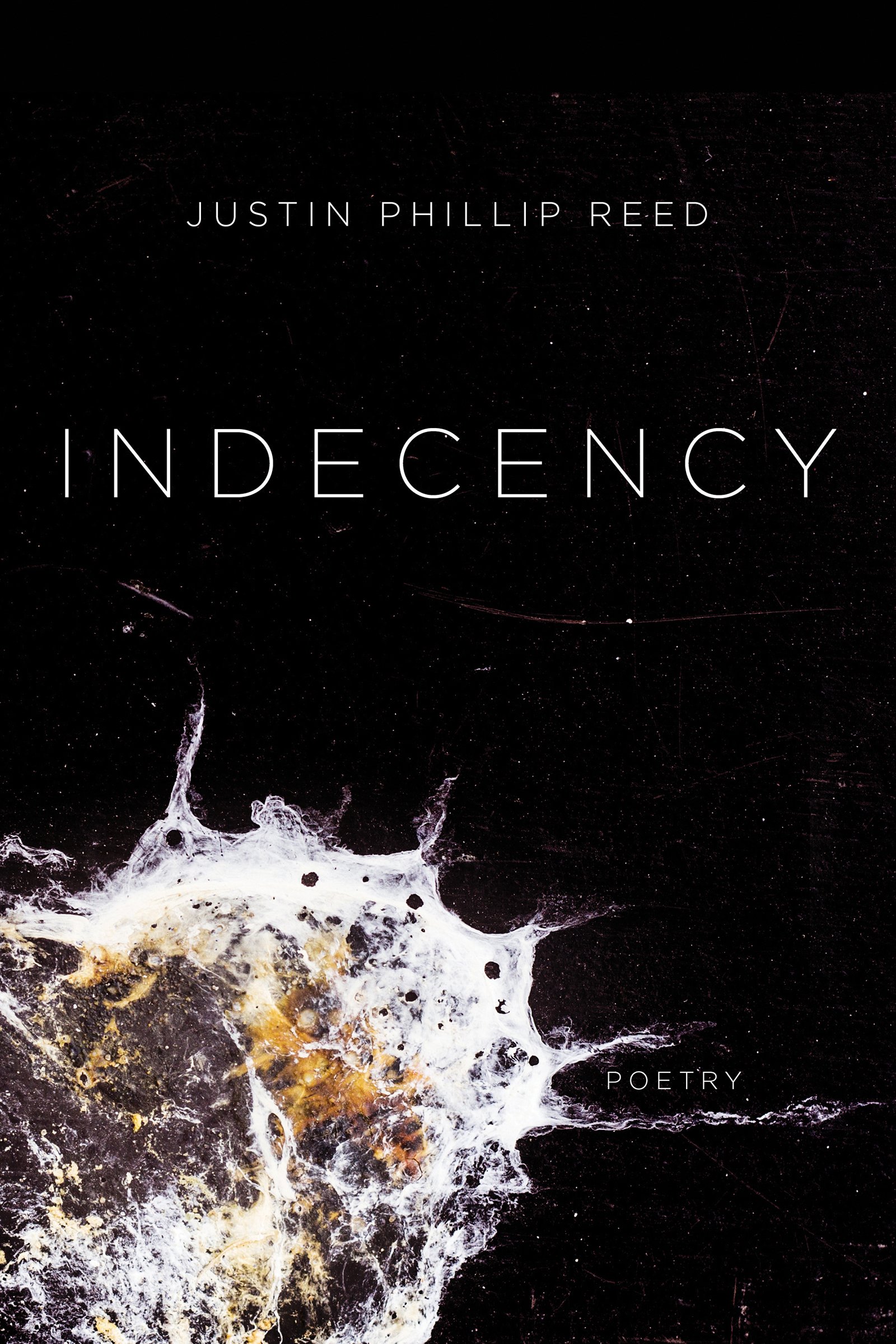Faculty Picks: Reed
Justin Taylor-- Generally speaking, I always advocate for more poetry in the prose writer's reading diet. It is a great way to learn the weight of words, the value of lines. Even relatively expansive or dense poetry still has the virtue of concision, and most important of all it reminds us that there are other forms of logic and progression than simply, What happens next? Lately, I've been reading Indecency, Justin Phillip Reed's debut collection, which is about to be brand-new from Coffee House Press. In the words of Dawn Lundy Martin, "Reed's deft craft is so rare, so precise, and driven by language whose surface is texture like teeth, that it seems like freed speech into the ache of repressive histories, white gazes, and uninvited invasions." I find myself very drawn to this idea of "freed speech": how can we liberate our language from the bondage of cliched usage, lazy thinking, and harmful or retrograde presumptions--and aren't these really three ways of saying the same thing? Reed's poems are fierce and fast-moving. They are searching and raw. "what question / does the self ask at the body's behest / that time won't wring from the body itself?" he asks in "Performing a Warped Masculinity en Route to the Metro.”
In "A Statement from No One, Incorporated," the poem's epigraph is granted unusual placement: above its title. The line is: "what is it when a death is ruled a homicide but no one is responsible for it" and it was written by the essayist Hanif Abdurraqib in response to the risible Kafkan determination by Baltimore officials that Freddie Gray, who died of injuries sustained on a so-called "rough ride" in a police van, was the victim of a homicide, but that no particular person was responsible for committing it. This is, of course, both a legal and moral impossibility. In the poem, the responsible non-entity is “incorporated”, i.e. made real, though still not human, since--despite dubious claims to the contrary--corporations are not people. Reed’s corporate entity, then, is an infernal creation—embodied but having no particular body, and therefore no locus of humanity, since whatever else we are, we are our bodies first and finally. The thing speaks in a bloodless collective voice; whining, "We are not responsible. We have not / the capacity to respond, cannot take / your call, are not obliged." Later, it ponderously intones that "We need to have a deeper dialogue / about the need for deeper dialogue[.]"
But it would be a mistake, in heeding Reed's outrage and his sense of urgency (and heed it we should) to hurry past the beauty in these poems, of which there is plenty to be found: potent word play, intricate rhyme, and stray lines like "a smeared sweet on his cheek in the parenthesis of a grin" or "the dense streets clapped into a quick-descended stillness." Kadijah Queen says rightly of Reed's work that, "there is no separation of sound from the language it travels in, from the body that produces it, from the experience that evokes it." Indecency includes many poems in traditional structure, right alongside radical formal innovations. There are brief prose poems floating in oceans white space--"(in which all this white is my gaze)" he writes wryly--and work that extends the tradition of concrete poetry. "Portrait with Stiff Upper Lip", which I've taken a picture of and have included below, simply cannot be read "normally." The sculptural design forces our eye to move in directions to which we are unaccustomed to moving over the printed page: up instead of down, for example, or back and forth instead of one and done. You have to "read" it the way you would a piece of visual art, which, as Reed’s title makes clear, is part of his point. Whether you're looking to discover a new writer, some wild new approaches to style, or you just want to get more poetry into your reading life, I recommend Indecency.


